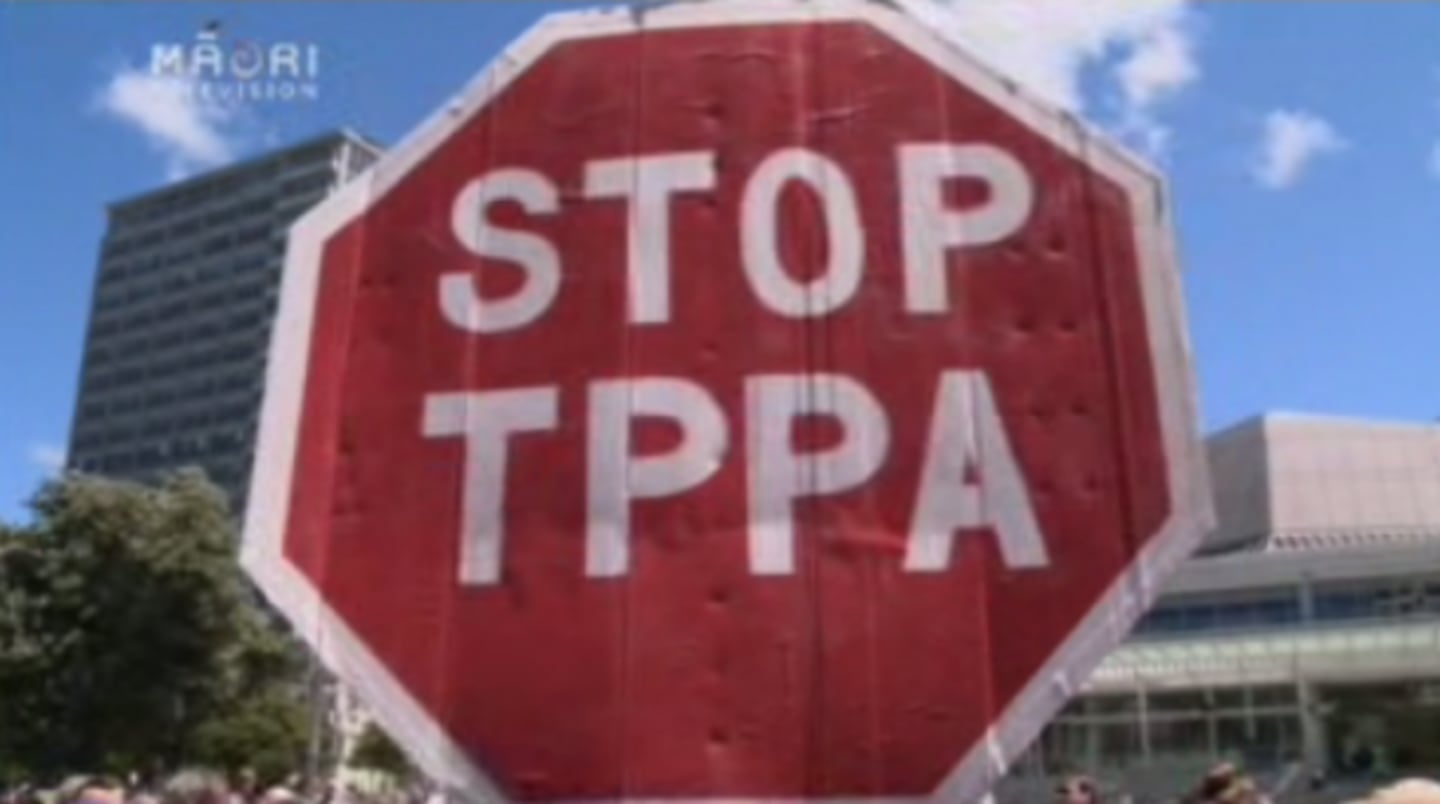Opposition parties have weighed in on the Trans Pacific Partnership Agreement (TPPA) concerns, with the Labour Party saying it will not support the TPPA unless key protections for New Zealanders are met.
Labour leader Andrew Little says, “Labour supports free trade. However, we will not support a TPPA agreement that undermines New Zealand’s sovereignty.”
New Zealand First’s Trade spokesperson Fletcher Tabuteau also claims the government has robbed New Zealanders of a chance to address concerns about the TPPA following National voting against New Zealand First’s Fighting Foreign Corporate Control Bill.
Little says,“the lack of transparency around the Government’s negotiations with large foreign interests means Kiwis are in the dark about which of their sovereign rights are being gambled away by this Government in the hope of better trade conditions.”
He says “Labour will not support the TPP if it undermines New Zealand’s sovereignty. This means:
- Pharmac must be protected
- Corporations cannot successfully sue the Government for regulating in the public interest
- New Zealand maintains the right to restrict sales of farm land and housing to non-resident foreigner buyers
- The Treaty of Waitangi must be upheld
- Meaningful gains are made for our farmers in tariff reductions and market access."
Yesterday, six applications and nine interested parties sought an urgent hearing in the Waitangi Tribunal arguing that the TPPA would breach the Treaty of Waitangi. Hone Harawira, Moana Jackson and Angeline Greensil were just several of the claimants who attended a special hearing in Wellington yesterday.
The applicants came together in a last ditch effort to have Māori interests put back on the table regarding the issue and argue that the TPPA is in breach of the Treaty of Waitangi and effectively eliminates tino rangatiratanga.
The Tribunal is expected to deliver a decision on the urgent hearing in a week’s time.
Protests over the TPPA and the shroud of secrecy regarding the details of the agreement have fuelled concern among many New Zealanders both Māori and non-Māori.


